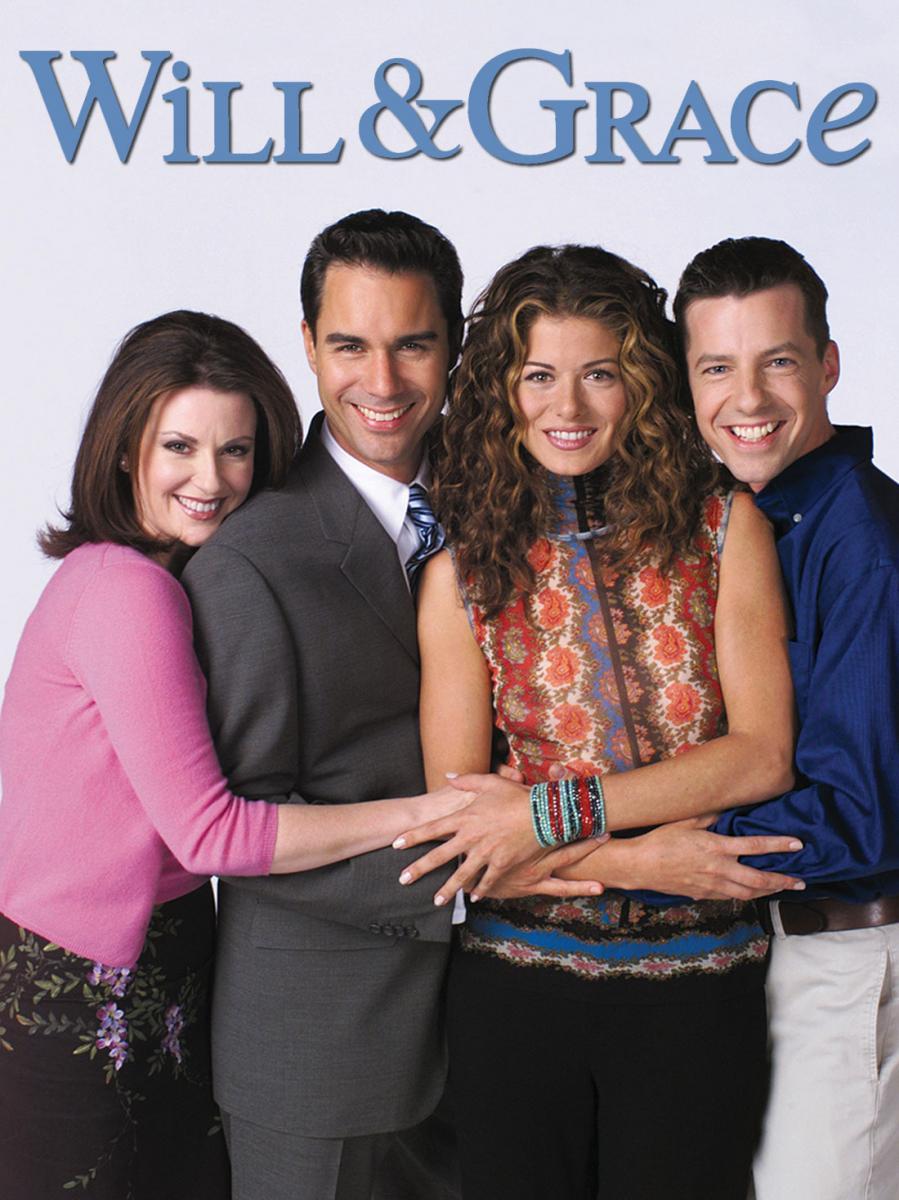Television history is adorned with iconic sitcoms, and among the trailblazers, “Will & Grace” stands as a groundbreaking series that redefined perceptions, broke barriers, and showcased the enduring power of friendship. Spanning from 1998 to 2020, this beloved show, created by David Kohan and Max Mutchnick, not only left an indelible mark on the landscape of television but also became a cultural touchstone. In this extensive exploration, we will traverse the evolution, impact, characters, and legacy of “Will & Grace.”
Section 1: The Genesis of “Will & Grace”
1.1 Pioneering Representation
“Will & Grace” premiered on September 21, 1998, on NBC, introducing audiences to a groundbreaking concept. The show centered around the lives of two best friends, Will Truman, a gay lawyer, and Grace Adler, a straight interior designer. This dynamic duo marked a pivotal moment in television history by bringing LGBTQ+ characters to the forefront with humor, authenticity, and relatability.
1.2 A Fusion of Comedy and Social Commentary
The creators, David Kohan and Max Mutchnick, sought to create a sitcom that not only entertained but also challenged societal norms. By portraying the everyday lives, friendships, and romantic entanglements of its characters, “Will & Grace” seamlessly blended comedy with social commentary, paving the way for more inclusive storytelling.
Section 2: Characters and Cast
2.1 Will Truman (Eric McCormack)
At the heart of “Will & Grace” was Will Truman, portrayed by Eric McCormack. Will, a successful and pragmatic lawyer, navigated the complexities of friendship, love, and personal identity. McCormack’s nuanced portrayal earned critical acclaim and solidified Will as a groundbreaking LGBTQ+ character in television history.
2.2 Grace Adler (Debra Messing)
Debra Messing brought the vivacious Grace Adler to life, infusing the character with humor, warmth, and a unique brand of quirkiness. Grace’s journey as a witty and passionate interior designer added depth to the show’s exploration of friendship and personal growth.
2.3 Jack McFarland (Sean Hayes)
Sean Hayes captured hearts with his portrayal of Jack McFarland, Will’s flamboyant and lovable best friend. Jack’s unabashed personality, comedic timing, and memorable catchphrases endeared him to audiences and contributed to the show’s comedic brilliance.
2.4 Karen Walker (Megan Mullally)
Megan Mullally brought the scene-stealing Karen Walker to life, serving as Grace’s sharp-tongued assistant. Karen’s wealthy, eccentric persona and her dynamic with Jack provided a hilarious counterbalance to the central friendships in the series.
Section 3: Evolution of LGBTQ+ Representation
3.1 Cultural Impact
“Will & Grace” played a pivotal role in shaping public attitudes towards LGBTQ+ individuals. The show’s unapologetic portrayal of gay characters, their relationships, and the challenges they faced contributed to increased visibility and understanding, challenging stereotypes along the way.
3.2 Navigating Sensitive Topics
Throughout its run, “Will & Grace” fearlessly tackled sensitive topics, including coming out, relationships, and societal acceptance. The show’s ability to address these issues with humor and authenticity fostered meaningful conversations and resonated with a diverse audience.
Section 4: Awards and Critical Acclaim
4.1 Emmy Awards Domination
“Will & Grace” received widespread critical acclaim and amassed an impressive collection of awards, including 16 Primetime Emmy Awards. The recognition extended to the cast, with each member delivering standout performances that contributed to the show’s enduring legacy.
4.2 Cultural Recognition
Beyond awards, “Will & Grace” received cultural recognition for its impact on LGBTQ+ representation. The show’s cultural significance led to honors such as the GLAAD Media Award for Outstanding Comedy Series, further solidifying its place in television history.
Section 5: Notable Episodes
5.1 “Lows in the Mid-Eighties”
The poignant episode “Lows in the Mid-Eighties” provided a flashback to a critical moment in Will and Jack’s friendship. Exploring themes of acceptance and self-discovery, this episode showcased the show’s ability to balance humor with emotional depth.
5.2 Series Finale: “It’s Time”
The series finale, titled “It’s Time,” aired on April 23, 2020, bringing the journey of “Will & Grace” to a close. The finale was a heartfelt ode to the enduring nature of friendship and left an emotional impact on fans who had followed the characters for over two decades.
Section 6: Cultural Impact and Legacy
6.1 Shaping LGBTQ+ Representation
“Will & Grace” played a pivotal role in reshaping LGBTQ+ representation on television. Its influence extended beyond entertainment, contributing to societal shifts in perception and paving the way for more diverse and inclusive storytelling.
6.2 Reunion and Continued Relevance
The enduring relevance of “Will & Grace” was evident in its reunion in 2017, with a revival continuing the characters’ stories. The revival, while not as long-lived as the original, reaffirmed the show’s place in the hearts of fans and introduced it to new audiences.
Conclusion: A Trailblazing Legacy
“Will & Grace” (1998-2020) stands as a trailblazing sitcom that transcended its role as mere entertainment. Through its wit, humor, and exploration of authentic friendships, the show carved a space for meaningful conversations about identity, acceptance, and the enduring power of connection. As the final curtain fell on “Will & Grace,” its legacy continued to resonate, leaving an indelible mark on the television landscape and solidifying its status as a cultural touchstone for generations to come.
